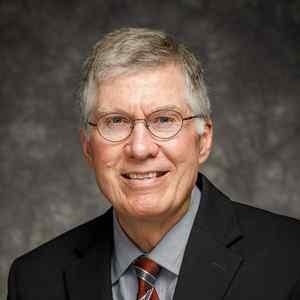
I started off this part of the interview by asking Daniel about his own journey through life and faith. His early love was history, despite having a father who was also a doctor and an academic. His interests only turned to medicine after a time in Peru and exposure to brutal poverty, and then like many of us, he drifted into an academic career. Later in life he has been able to return to that original motivation.
Daniel and his wife were brought up in the Seventh Day Adventist faith, and still greatly respects the grounding in charitable work and the Bible he received then. Eventually he and his wife got the Newman bug and had to go deep into history and join one of the apostolic churches; they joined an Eastern Orthodox church.
In that context, Daniel laments the drift of the modern hospice movement away from Christian spiritual roots and into a secular, palliative mindset, and the broader question of what is missing from the often uttered or thought statement, "if it's legal, it must be moral."
"We confuse technological prowess with being deeper and more thoughtful."
An interesting consequence of our medical progress is that we now face a future where, for the first time, across the world, most people will die of conditions derived from aging rather than contagious diseases, accidents, childbirth, etc.
We discuss a bit the golden mean to be found, steering clear of euthanasia on the one hand, and of resorting to excessive means to stay alive in the face of a fatal illness.
More Episodes
 2021-08-08
2021-08-08
 2021-07-26
2021-07-26
 2021-06-08
2021-06-08
 2021-04-26
2021-04-26
 2021-02-22
2021-02-22
 2021-01-27
2021-01-27
 2020-11-09
2020-11-09
 2020-10-28
2020-10-28
Create your
podcast in
minutes
- Full-featured podcast site
- Unlimited storage and bandwidth
- Comprehensive podcast stats
- Distribute to Apple Podcasts, Spotify, and more
- Make money with your podcast
It is Free
- Privacy Policy
- Cookie Policy
- Terms of Use
- Consent Preferences
- Copyright © 2015-2024 Podbean.com






